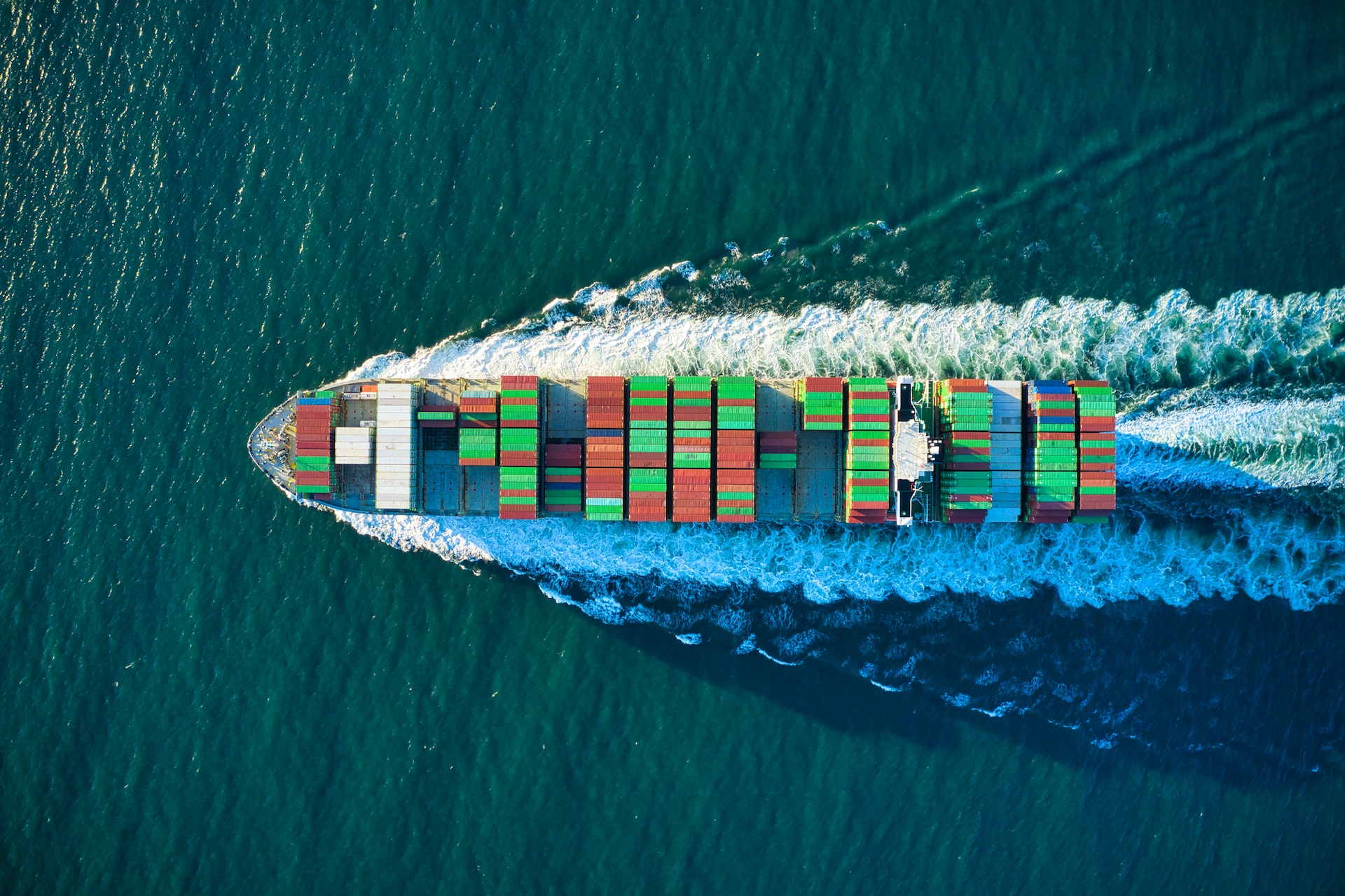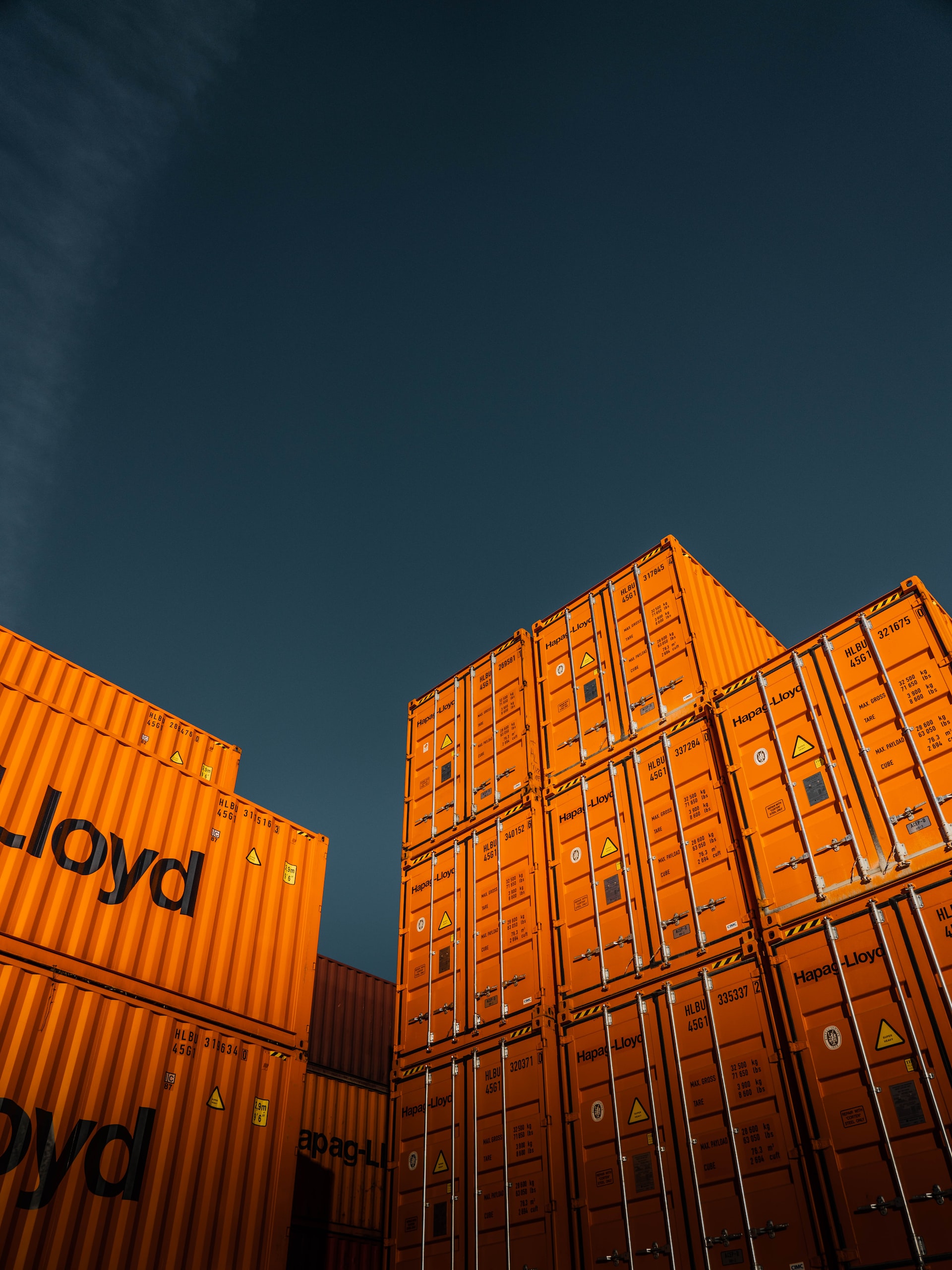Case Study Challenge
Objective
The cargo company faced challenges in accurately tracking and monitoring their cargo shipments throughout the supply chain. Manual processes and traditional tracking systems resulted in delays, limited visibility, and increased operational costs. The company recognized the potential of AI and sought consulting expertise to implement vision APIs that could automate cargo tracking, provide visual recognition capabilities, and deliver actionable insights.

01
Solution
Objective
The AI consulting project encompassed the following key phases and activities
02
NeedsAssessmentandUseCaseIdentification
Objective
The consulting team collaborated closely with the cargo company to understand their specific pain points, requirements, and desired outcomes. They identified the key use case of implementing vision APIs to automate cargo tracking, analyze cargo images, and extract relevant information such as shipment IDs, package conditions, and package dimensions.
03
VisionAPISelectionandIntegration
Objective
Based on the identified use case, the consulting team recommended and integrated suitable AI-powered vision APIs, such as Google Cloud Vision API or Microsoft Azure Computer Vision API. These APIs provided capabilities for object detection, image recognition, and optical character recognition (OCR). The APIs were integrated into the cargo company's existing systems and workflows to automate cargo image processing and data extraction.
04
DataCollectionandModelTraining
Objective
To ensure accurate and reliable AI predictions, the consulting team collaborated with the cargo company to collect a diverse dataset of cargo images, including images of different package types, labels, and conditions. The dataset was used to train the vision AI models, enabling them to recognize and extract relevant information from cargo images with high accuracy.
05
ImplementationandDeployment
Objective
The consulting team worked closely with the cargo company's IT team to implement the vision API integration and deploy the solution within the cargo operations infrastructure. This involved integrating the API calls into existing tracking systems, developing custom interfaces, and ensuring data security and privacy considerations were addressed.
06
Testing,Validation,andIteration
Objective
Extensive testing and validation were conducted to ensure the accuracy and reliability of the vision API implementation. The consulting team collaborated with the cargo company's operations team to validate the automated cargo tracking and data extraction processes, fine-tuning the AI models based on feedback and real-world scenarios.
Results
The implementation of AI-powered vision APIs delivered significant outcomes for the cargo company:
● Automated and accurate cargo tracking: Vision AI technology enabled automated recognition and extraction of relevant information from cargo images, such as shipment IDs, package conditions, and dimensions, improving tracking accuracy and reducing manual errors.
● Enhanced operational efficiency: The AI solution streamlined cargo operations by automating time-consuming manual processes, enabling faster and more efficient cargo handling, tracking, and reporting.
● Real-time insights: The vision API implementation provided real-time insights into the status and condition of cargo shipments, enabling proactive decision-making and issue resolution.
● Improved customer satisfaction: With increased visibility and accurate tracking, the cargo company was able to provide better customer service, enhanced shipment transparency, and improved delivery experiences.
● Cost optimization: By automating cargo tracking and reducing manual efforts, the cargo company achieved cost savings through increased operational efficiency and reduced errors.
Conclusion
The consulting engagement exemplifies the transformative impact of AI consulting services in the cargo industry. By implementing AI-powered vision APIs, the cargo company successfully automated cargo tracking, improved operational efficiency, and gained real-time insights into cargo shipments. This case study highlights the value of AI technology in enhancing cargo operations and serving as a catalyst for digital transformation. It serves as an inspiration






